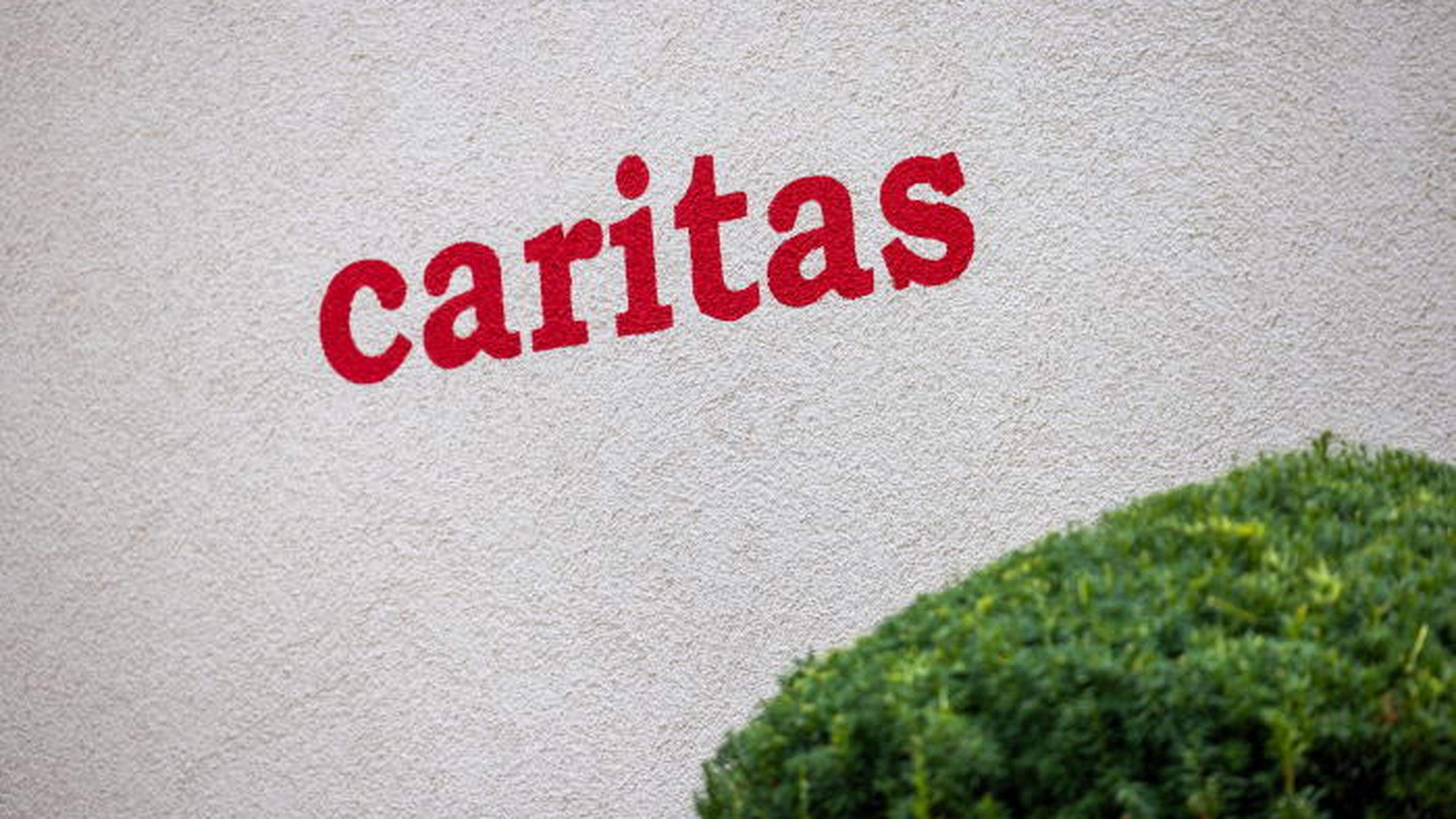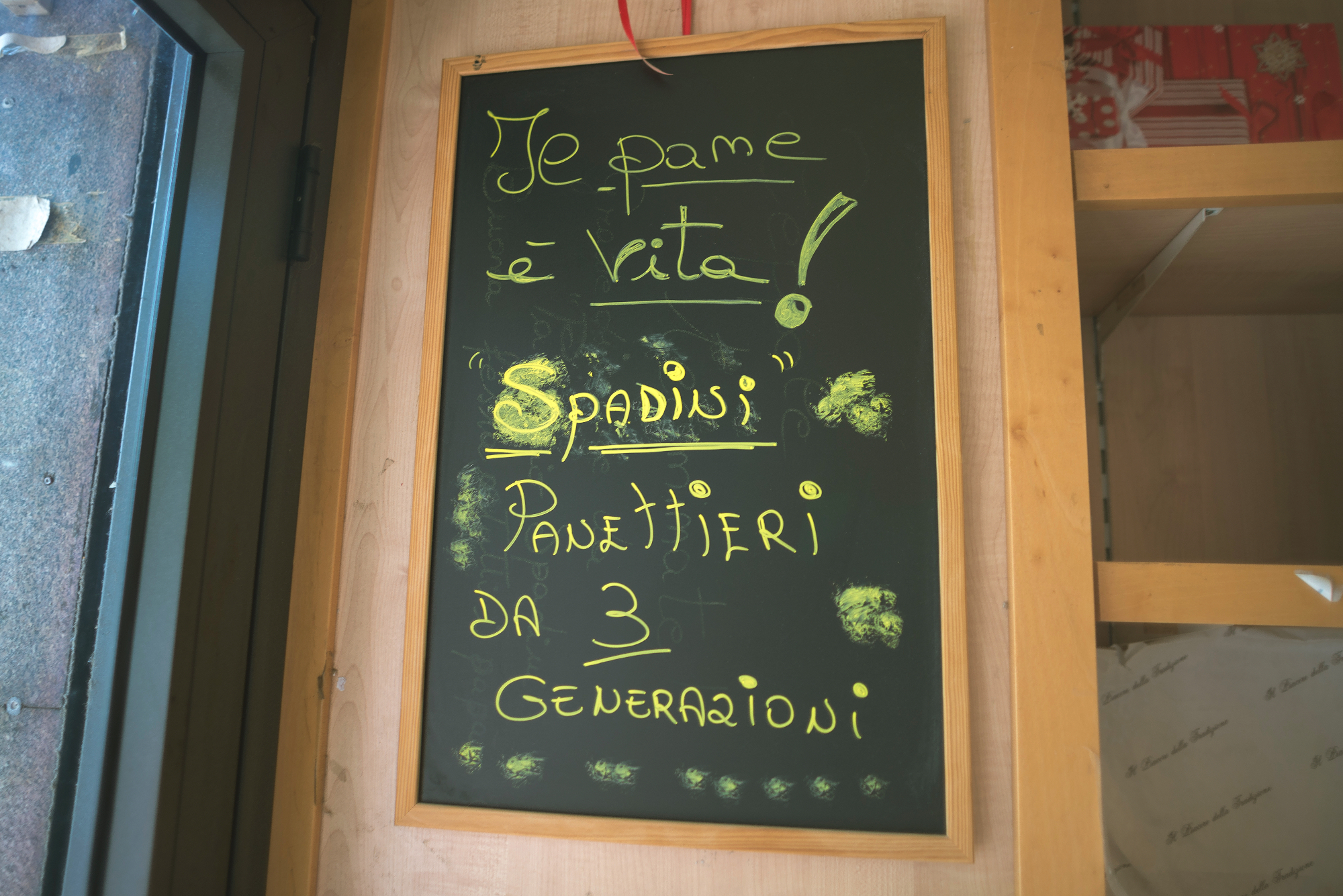The truth about our kidneys – seven myths in check

They are high -performance organs, two silent heroes in a double pack. Around 1800 liters of blood flow through both kidneys every day. Holding you healthy is a matter of course, but how? We clarify around the kidney: what is true, what is wrong.
Myth 1: « Drinking rinses the kidneys a lot and keeps them healthy. »
Answer: Yes and no.
If you drink water properly, you can prevent kidney stones. According to the World Health Organization, adults should drink 2.5 liters a day, but that’s why the kidneys do not work better. Those who drink more than the specified amount during infections, high heat or sports do not harm healthy kidneys. However, too much liquid can actually be problematic in severe kidney damage.
Myth 2: « If the kidneys are sick, you can feel it the same. »
Answer: Not true.
An kidney disease such as chronic kidney weakness can remain unnoticed for years because it does not cause pain or is symptom -free. If the doctor controls blood and urine values, you can see from certain values whether the kidneys are healthy. Especially with diabetes or high blood pressure, this should be checked regularly with a blood sample.
Myth 3: « Too much salt damages the kidneys! »
Answer: true indirectly.
Those who eat too salty harm their blood pressure and, in turn, damage the kidneys. The World Health Organization (WHO) recommends eating a maximum of 5 grams of salt per day. Most people eat too much because many finished products and snacks are very salty. Just as damaging to the kidney: phosphates.
These are, for example, in high -processing foods, cola, sausages or melting cheese. Healthy kidneys can filter phosphates, but if the two bean -shaped organs are already damaged, this filter function is restricted.
Myth 4: « You have to warm your kidneys, otherwise you will get sick. »
Answer: No.
It is not medically necessary to warm the kidneys, since it is adequately protected by their location in the body and the surrounding fat capsule. In contrast, bladder inflammation can be favored by cold, but kidney infections usually have other causes, such as infections or autoimmune reactions.
The kidneys in check: the most important laboratory values
Myth 5: « You only need a kidney to live. »
Answer: Yes and no.
You can live well with a healthy kidney, for example after a donation or operation. However, it may be that one remaining kidney in the long term, because it only has to do what else two organs do is burdened more. This carries a risk of dysfunction.
Myth 6: « Protein harms the kidneys. »
Answer: Yes and no.
A protein -rich diet is not a problem for healthy people. An investigation on behalf of the German Society for Nutrition (DGE) showed that protein intake of up to 3.3 grams per kilogram is okay. However, if you already have a kidney weakness, you should be more reserved with proteins. One too much puts on the kidneys.
Myth 7: « Kidney diseases are not curable. »
Answer: only partially right.
Acute kidney failure, triggered by infections, medication or lack of fluid, can be treated well if it is recognized in good time and at best, the kidneys recover completely. Chronic kidney diseases, on the other hand, mean that the kidneys no longer work properly.
Ahead can be stopped or at least slowed down, thanks to modern medication, but also through smoke waiver, low -salt nutrition and an active lifestyle. If the disease is already well advanced, a dialysis may also be necessary or in the worst case, those affected are dependent on a donor.
Many widespread assumptions about our kidneys do not withstand a medical review. Since the two silent heroes have to perform top performance every day, it is important to protect them. Therefore, it should be paid to normal blood pressure values, with diabetes on blood sugar levels in the green area and the diet should be low in salt.
Regular checks by the doctor or doctor can help recognize kidney diseases at an early stage and counteract them in good time.







